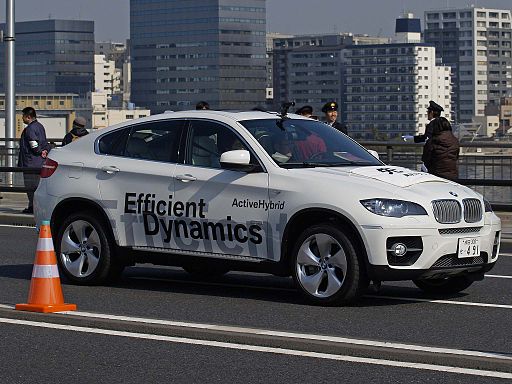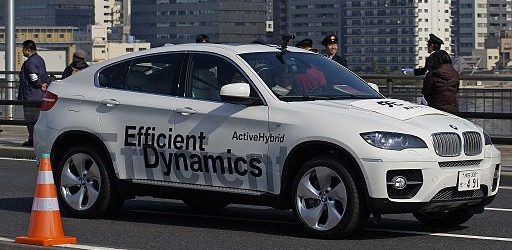 North Carolina is planning to join the increasing number of states considering taxing electric and hybrid car owners. The fees will help in making up for revenue lost through drivers who drive gas-efficient vehicles. Several alternative-fuel vehicle owners and a few advocacy groups have considered the approach as a wrong move to balance United States priorities. However, some experts and policy makers have argued that taxing electric and hybrid car owners is matters of ensuring that all drivers help pay their part in constructing new roads and providing maintenance.
North Carolina is planning to join the increasing number of states considering taxing electric and hybrid car owners. The fees will help in making up for revenue lost through drivers who drive gas-efficient vehicles. Several alternative-fuel vehicle owners and a few advocacy groups have considered the approach as a wrong move to balance United States priorities. However, some experts and policy makers have argued that taxing electric and hybrid car owners is matters of ensuring that all drivers help pay their part in constructing new roads and providing maintenance.
Gas Taxes as a Major Source of Transportation Funding
Gas taxes are a significance source of funding for the transportation industry. They make up to 40 percent of all the revenues for state highways. This is according to the findings obtained by the National Conference of State Legislatures (NCSL). It is unfortunate that the revenues have failed to keep up with the increasing costs of construction. The research group further approximates that local and state gas-tax revenue dropped by 7 percent between the years 2004 and 2010.
Mile-Based Taxing System
Several transportation organizations and many other groups have asserted that a change in the taxation system should be made in such a way that car owners are taxed based on the miles travelled. Such reforms will come with their own challenges and hurdles, and currently, states are aiming at finding other solutions to the taxation issue. Approximately ten states are considering passing or have already passed the legislation that will see collection of fees from hybrid and electric car owners.
Experts’ Viewpoints
According to a transportation and environmental analyst at the NCSL, Kristy Hartman, charging electric and hybrid car owners’ registration fee or some form of additional annual fee would be more preferable compared to miles-driven tax. This is because there are some privacy issues raised by modern technology. The plan to charge vehicles based on miles travelled was scrapped in New Jersey amid pushback from legislators and media. Instead, the state chose to charge a flat fee for all electric cars.
North Carolina senators believe that the policy of charging a flat fee makes sure that all drivers contribute a fair share towards the maintenance of roads and the services used. It is therefore, logical for such drivers or car owners to pay a small fee for using the roads and highways. Since the issue is still controversial, it is essential to come up with a generally accepted way for all drivers to take part in road maintenance.
